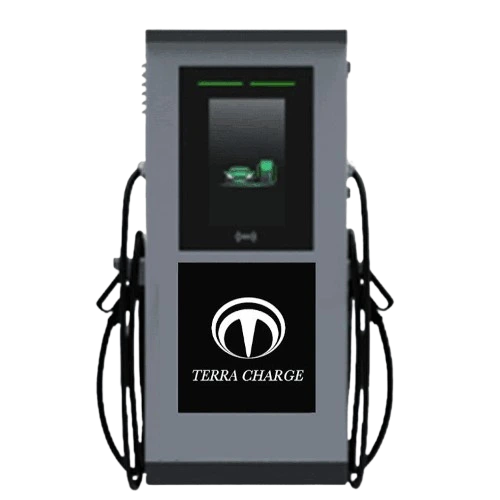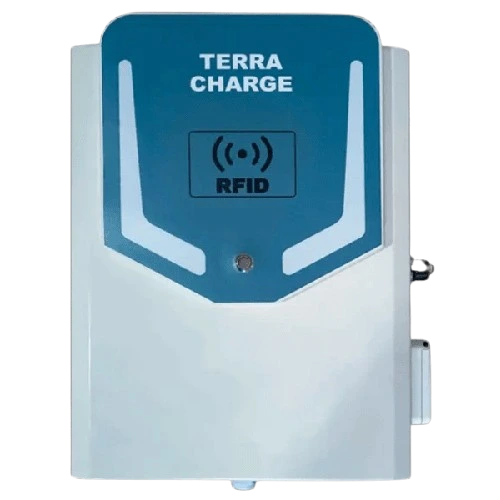Challenges in fleet charging, such as infrastructure limitations and compatibility issues, can hinder operational efficiency and increase costs. Inadequate charging infrastructure and data management challenges can lead to downtime, reduced productivity, and safety concerns for fleet operations. Addressing these challenges is essential for optimizing fleet charging processes and ensuring smooth operations.
Let us understand the various factors that impact fleet charging need, challenges and affect of these challenges on fleet operations in details. At the end of this blog, you will also learn how 1C helps in elimination or reducing these impacts on your fleet business and improves customer service and hence the profits.
What Factors Influence Fleet Charging Needs?
Several factors influence fleet charging needs:
Fleet Size and Composition: The number and types of vehicles in the fleet affect charging demand and infrastructure requirements.
Operational Patterns: Factors such as driving routes, distances traveled, and daily vehicle usage impact charging frequency and scheduling.
Charging Infrastructure: The availability and accessibility of charging stations, as well as their compatibility with fleet vehicles, influence charging needs.
Energy Requirements: The energy capacity and efficiency of fleet vehicles determine the amount of energy needed for charging.
Cost Considerations: Budget constraints and financial incentives influence decisions regarding charging infrastructure investment and operational strategies.
Regulatory Environment: Regulations and policies related to EV charging, emissions, and energy management can impact fleet charging needs and strategies.
Technological Advances: Advances in EV technology, battery capacity, and charging infrastructure influence fleet charging needs and capabilities.
What are the Common Challenges Faced by Fleet Owners in Charging?
Common challenges faced by fleet owners in charging include:
Infrastructure Limitations: Fleet owners may struggle with limited access to charging stations, especially in regions with inadequate charging infrastructure. For example, a delivery fleet operating in a rural area may find it challenging to locate nearby charging stations, leading to longer downtime between routes.
Charging Compatibility: Compatibility issues between charging stations and fleet vehicles can cause delays and inefficiencies in the charging process. For instance, if a fleet manager invests in charging stations that are incompatible with their electric vehicles’ plug types, it can lead to equipment malfunction and wasted resources.
Charging Costs: High electricity costs and complex billing systems can significantly impact fleet charging expenses. Fleet owners may face difficulties in accurately tracking and managing charging costs, leading to budget overruns. For example, without transparent pricing plans, a fleet manager may struggle to anticipate and control monthly charging expenses.
Operational Disruptions: Downtime resulting from charging delays or station malfunctions can disrupt fleet operations and impact delivery schedules. For instance, if a charging station experiences a technical issue, it may prevent multiple vehicles from accessing charging facilities, causing delays in the fleet’s daily operations.
Data Management: Managing charging data, including usage records and billing information, can be challenging for fleet owners. Without efficient data management systems in place, fleet managers may struggle to analyse charging patterns and optimize energy consumption. For example, manually tracking charging activities across multiple vehicles can lead to data errors and inconsistencies.
Impact of Challenges on Fleet Operations?
The impact of challenges on fleet operations can be significant and wide-ranging:
Reduced Productivity: Challenges such as infrastructure limitations and operational disruptions can lead to increased downtime and reduced productivity for fleet vehicles. Delays in charging or equipment malfunctions can disrupt delivery schedules and decrease overall fleet efficiency.
Increased Costs: Challenges related to charging costs and inefficiencies can contribute to higher operational expenses for fleet owners. Higher electricity costs, unexpected maintenance expenses, and inefficiencies in charging processes can all contribute to increased costs for fleet operations.
Poor Customer Service: Operational disruptions caused by charging challenges can result in delays in service delivery and poor customer satisfaction. Late deliveries or missed appointments due to charging issues can damage the reputation of the fleet and result in customer dissatisfaction.
Safety Concerns: Inadequate charging infrastructure or compatibility issues can pose safety risks for fleet vehicles and drivers. For example, using incompatible charging equipment or charging stations in poor condition can lead to accidents or equipment damage, compromising the safety of fleet operations.
Data Management Challenges: Inefficient data management practices resulting from challenges in tracking charging activities and energy consumption can hinder decision-making and strategic planning for fleet operations. Without accurate and timely data, fleet managers may struggle to identify areas for improvement and optimize operational processes.
How 1C Helps in Eliminating or Reducing the Impact of These Challenges?
1C offers a comprehensive suite of solutions for fleet owners, including a robust network of strategically located charging stations, ensuring reliable access even in remote areas. Our charging solutions are universally compatible with a wide range of fleet vehicles, minimizing compatibility issues and simplifying the charging process. With transparent pricing plans and flexible payment options, 1C provides cost-effective charging solutions tailored to fleet owners’ budgetary constraints. Our charging infrastructure is designed for reliability and efficiency, with proactive maintenance protocols to minimize downtime and ensure smooth operations. Additionally, our CMS offers advanced data management capabilities, allowing fleet owners to monitor charging activities, track energy consumption, and streamline billing processes, enabling data-driven decisions to optimize fleet charging operations.
Ready to optimize your fleet charging operations with 1C? Connect with us today to learn more about how our solutions can help streamline your charging process and overcome common challenges faced by fleet owners. Let 1C be your partner in maximizing efficiency and reducing costs in your electric vehicle fleet.











